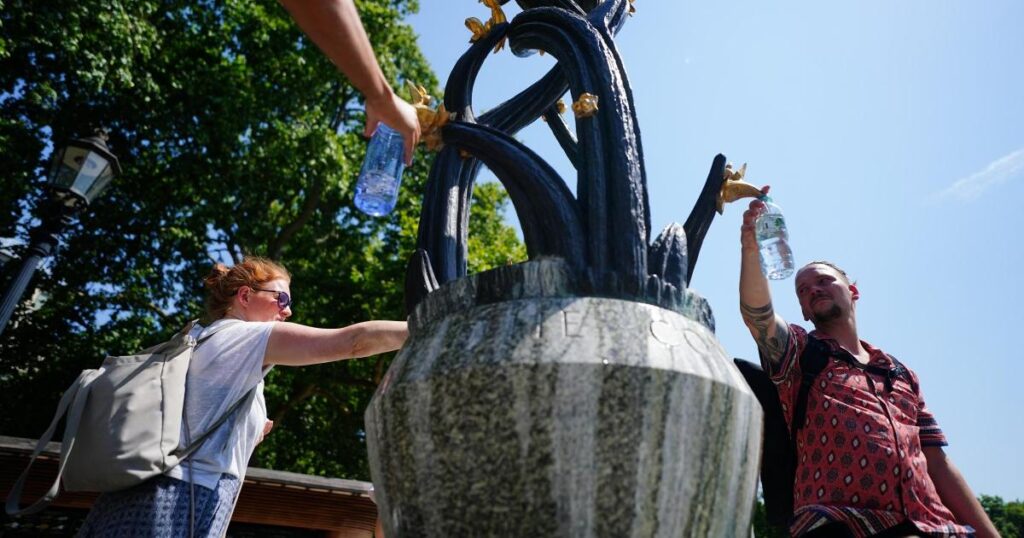She had forgotten to bring her water bottle from home and, walking into a medical centre feeling hot and thirsty, she asked the receptionist if there was a drinking water tap she could use. The answer was ‘no’.
This seems a simple request – but how many people know what their rights are to free drinking water from businesses and public buildings?
Many people feel awkward asking and a few are reluctant due to a lack of confidence in UK tap water.
But there are those who are equally unhappy with bottled water given the drive to reduce the use of plastic and the health warnings about microplastics’ possible link to depression and some cancers.
We used to have water fountains or public taps, but the few that remain are shunned due to a lack of cleanliness and regular maintenance.
A Keep Britain Tidy research report (2017) found that the British public want greater access to tap water when out and about, and issued recommendations aimed at improving that access.
One of those suggested improvements has been put into practice with the installation of water bottle refill facilities at train stations and other locations.

In England, all premises licensed to sell alcohol are required by law to provide “free potable water”. This means pubs, nightclubs, cafes, restaurants, takeaway food and drink outlets, cinemas, theatres, and even village and community halls – anywhere that is authorised to serve alcohol.
Schools are legally required to provide drinking water for pupils and employers must provide free drinking water in the workplace for all their employees, at all times.
Unlicensed premises in the UK do not have to legally supply free drinking water. This includes sports stadiums, leisure centres, transport hubs, tourist attractions, theatres, cinemas, beauty salons and, it would seem, medical centres.
Our HPAG member continued to a leisure centre, where she was told by the receptionist that she could buy drinking water in “the shop across the road”.
Across the road she could only see an animal surgery and the thought occurred to her that their patients would not be denied drinking water if requested on a hot day.




